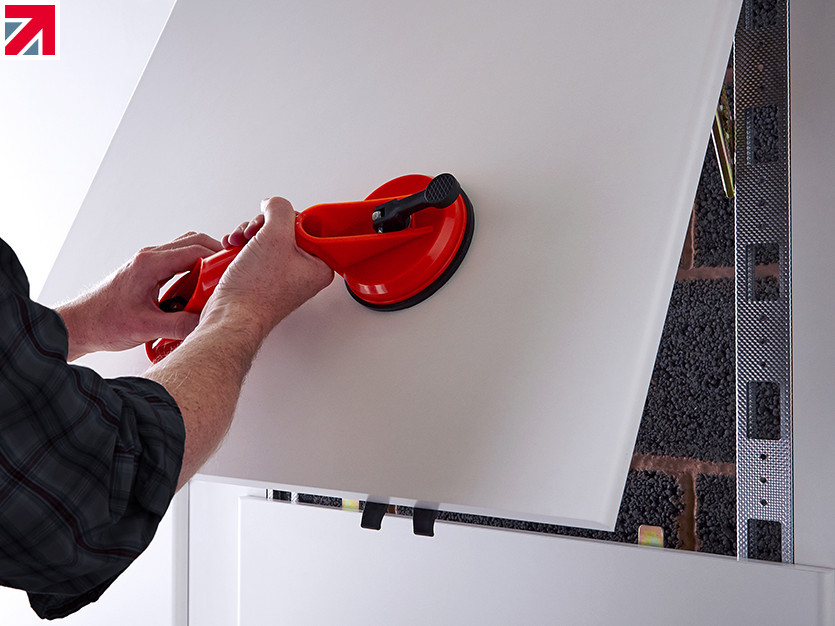The urgent need for skilled labour in the construction industry has become a pressing challenge, leading to the UK’s decrease in future infrastructure and economic landscape. Product ingenuity and collaborative innovation are more important than ever in reaching a long-term solution.
1. Year upon year decline.
According to Construction Products Association’s Summer 2024 Construction Industry Forecast, there are 347,000 fewer skilled workers in the UK compared to 2019, a continued decline that predates the pandemic. The spike in employment in the 50-64 age range in UK construction workers, paired with the effects of COVID-19, has caused an acceleration in early retirement trends. As this generation retires, there aren’t enough young workers to replace them, leading to the CPA predicting a total loss of around one-quarter of the total workforce in the next 10-15 years.
2. Difficulty attracting a new age of skilled labourers.
With the construction workforce aging faster than younger generations entering industries to replace them, the decline in skilled labour shows no real promise of improvement. Shifting career preferences among younger generations have altered the labour market landscape, as the number of 16-24 year olds entering labour training schemes is less than a quarter of its level in 2007, according to Turner & Townsend.
Young professionals report lacking the correct skills to progress into long-term careers, as well as being put off by manual work and lack of encouragement by education leaders onto a path in the industry.
3. Consequences of skill gaps.
This lack of precision and skill stands to compromise the quality of labour work, causing long-term implications for the functionality and safety of construction projects. According to SME Insights Report, one in five tradespeople have had to turn down or postpone work because they don’t have the staff to complete the job. As active construction jobs take longer to complete, projects are delayed with detrimental effects on the investment to the UK’s future infrastructure plans.
Addressing these shortages is not just about filling vacancies but building a resilient long-term solution. Innovative methods of producing products that reduce the need for lengthy onsite manual labour have the potential to drive economic growth in an increasingly demanding construction landscape.
4. Reduce the middle man with pre-plumbed.
Modern construction methods that require less labour output than traditional onsite washroom installations can save hugely on time and cost resources, as well as issues that may arise in miscommunication or coordinating multiple labourers.
Integrated Plumbing Systems (IPS) provides a simple, fast, and stress-free washroom installation system that can be installed in half of the time of traditional panels, minimising the need for specialist skills and onsite skilled labour methods.
How does IPS work?
Integrated Plumbing Systems (IPS) are a panel and frame system used in washrooms to conveniently conceal all plumbing and pipework within a void that sits behind the cubicle or wall panelling.
Pre-plumbed systems are delivered as ready-made units, complete with factory-fitted sanitaryware that is pre-tested before arriving at the site. This provides the project site with systems that are faster and easier to install and gives the end user added peace of mind knowing they are less reliant on the labourer's skill level or experience.
IPS is used across multiple washroom products including toilets, urinals, wall-mounted basins, washtroughs and showers to provide an all-in-one solution that is secured into duct spaces for the washroom users' safety and easy ongoing maintenance.
ce overall emissions and deliver our Vepps systems using 90% less packaging.
Find out more about Venesta Washroom Systems Ltd on their member profile page here
Member-created content 6 months ago | From members

